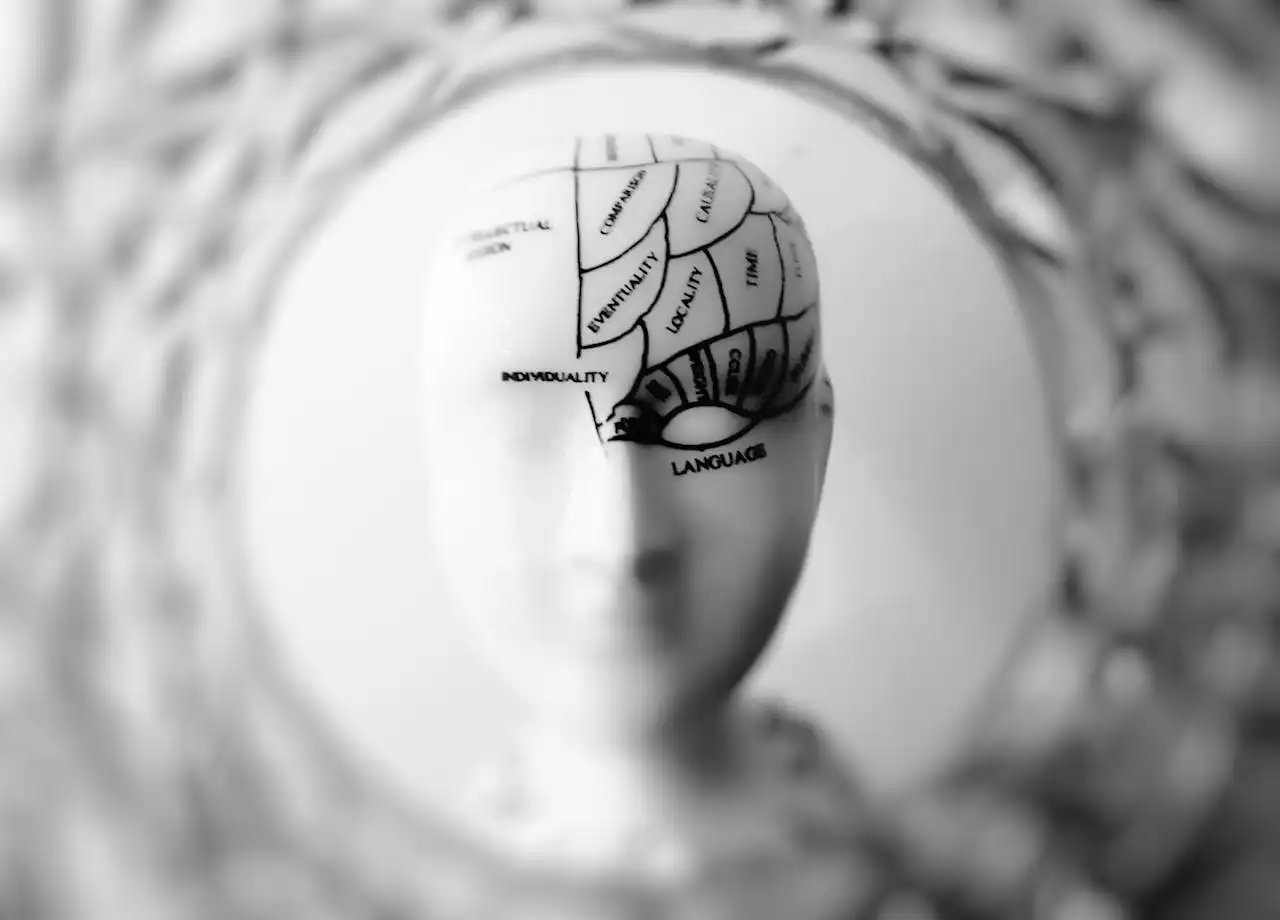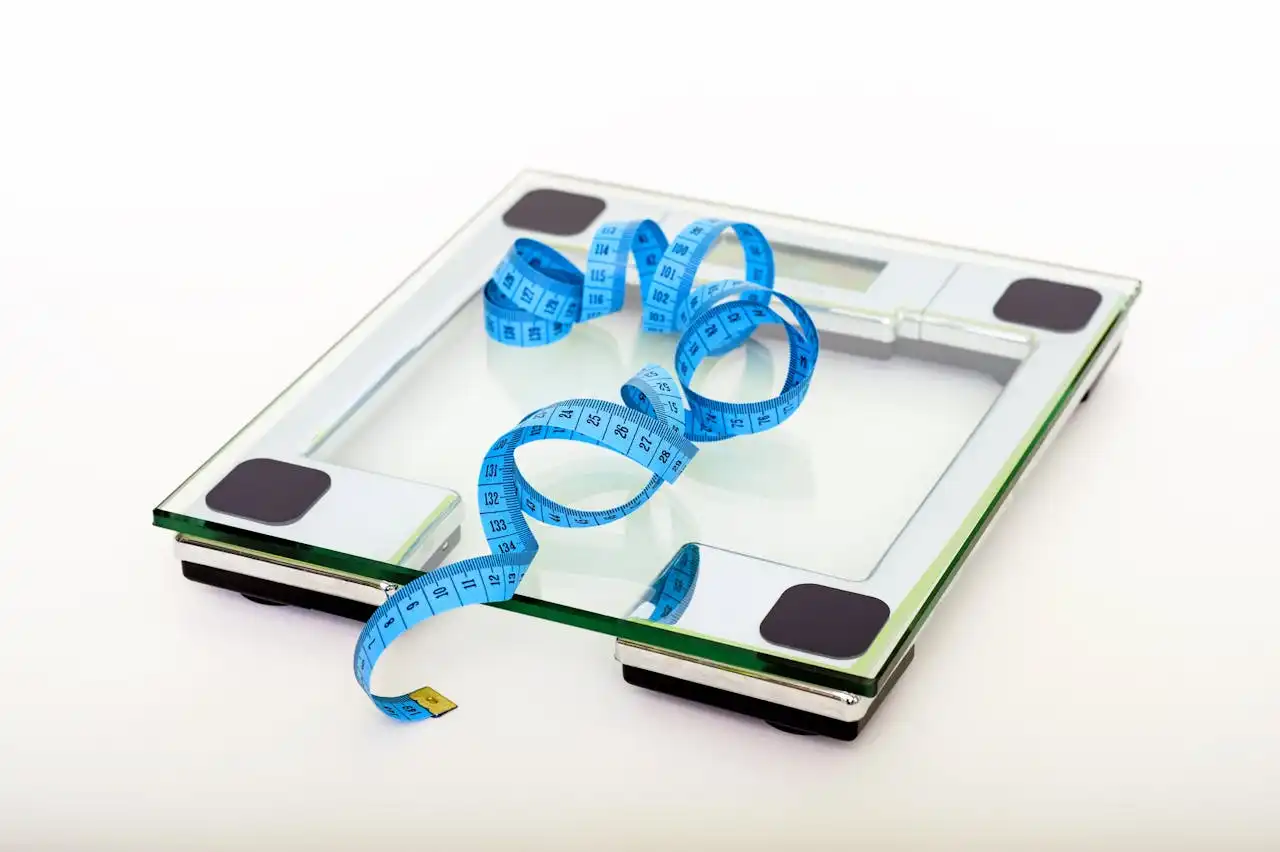Navigating Your Daily Grind: When Does Your Coffee Habit Cross the Line?
Muhe - Tuesday, 26 August 2025 | 08:00 AM (WIB)


The Great Caffeine Mystery: Not All Cups Are Created Equal
Here’s where it gets a little like detective work: that "standard 8-ounce cup" is a bit of a moving target. The actual caffeine content in your daily brew can play hide-and-seek depending on a bunch of factors. Is it a dark roast or a light roast? (Surprise! Light roasts often have more caffeine.) How was it brewed – drip, French press, espresso? What kind of beans were used? A dainty latte from your favorite cafe, a robust shot of espresso, or that super-sized, extra-strong cold brew you grab on the fly could all hit your system in wildly different ways. So, while four to five cups sounds like a good mental checklist, remember it's more about the *milligrams* and less about the literal number of times your mug has been refilled.This variability is why you might feel perfectly fine after two cups of your homemade drip, but one fancy coffee shop concoction sends you straight to "wired and wondering if I left the stove on" territory. It’s not just coffee, either. Think about energy drinks, certain teas, or even some over-the-counter medications – they all contribute to your daily caffeine tally. It's like a secret agent gathering intel, and you’re the mission control.When the Buzz Becomes a Burnout: Side Effects to Watch For
Okay, so we know the limit. But what happens if you accidentally (or intentionally, let's be real) push past it? Nobody wants to feel like they’ve had one too many espresso martinis at 9 AM, and the side effects of overdoing it are no joke. We’re talking the classic jitters – that shaky, restless feeling that makes it impossible to sit still. Then there’s the anxiety, where your brain suddenly decides to replay every awkward conversation you’ve ever had, in excruciating detail. Sleep? Forget about it. Insomnia can kick in, turning your peaceful nights into staring contests with the ceiling.Beyond the mental rollercoaster, your body also gets in on the action. An increased heart rate can feel alarming, like your ticker is running a marathon without your permission. And for many, a tummy ache or general stomach upset is a common and thoroughly unpleasant companion to too much caffeine. It’s like your body is sending you a very clear, albeit uncomfortable, memo: "Hey, buddy, dial it back!"Who Needs to Be Extra Cautious? (Spoiler: It Might Be You)
While 400mg is a general guideline, it’s super important to remember that not everyone fits neatly into the "healthy adult" box. There are specific groups who should really keep a tighter leash on their caffeine intake, because for them, the stakes are a little higher. First up, our pregnant or breastfeeding mamas. What they consume, their little ones do too, and caffeine can be a bit of a wildcard in that delicate ecosystem. Their doctors usually recommend significantly lower limits, so always best to chat with a healthcare provider.Then there are individuals with pre-existing heart conditions. Caffeine, being a stimulant, can affect heart rhythm and blood pressure, which is definitely something they need to monitor closely. If your heart already has its own quirks, adding a caffeine surge might not be the best idea. Similarly, those who grapple with anxiety disorders or chronic sleep problems should approach caffeine like they’re walking on eggshells. Caffeine can amplify anxiety, making those already challenging thoughts even louder, and it’s the enemy of a good night’s rest for anyone already struggling to catch Zs.Listen to Your Inner Barista: The Ultimate Guide
At the end of the day, all the guidelines and recommendations in the world boil down to one simple, yet profound piece of advice: listen to your own body. Seriously. Your body is a finely tuned machine, and it’s constantly sending you signals. That slight twitch in your eye? The sudden urge to pace around the room? The feeling that your thoughts are moving at warp speed? These are not random events; they are your body’s way of saying, "Hey, maybe that third cup was a bit much."Everyone's sensitivity to caffeine is different. What gives your friend a mild boost might send you into an 8-hour sprint. This can be due to genetics, your metabolism, how often you drink coffee (tolerance is a real thing!), and even what you ate that day. So, pay attention. Notice how you feel after your first cup, your second, and so on. If you start experiencing any of those negative side effects, consider it a clear sign to pump the brakes. Maybe swap out that afternoon espresso for a decaf, or try a refreshing glass of water instead. Adjust your intake, experiment a little, and find what feels good and energizing, without pushing you over the edge.Coffee is a wonderful, complex beverage that brings joy and alertness to millions. Enjoy it! Savor that aroma, revel in that first sip. But do it wisely, with an ear tuned to your body’s unique rhythm. Because when you find that perfect balance, your daily grind isn’t just a habit – it’s a harmonious part of your day, giving you that much-needed boost without any of the unwanted drama.
How to Relax Your Mind During the Weekend
6 months ago

ChatGPT's Compassionate Turn: How AI Is Learning to Handle Mental Health Crises Better
6 months ago

Coffee vs. Tea: The Morning Brew Showdown That's More Than Just a Cuppa
6 months ago

Cracking the Code: Your Guide to Taming Those Beastly Migraines
6 months ago

Fuel Your Supercomputer: Five Foods That Will Level Up Your Brainpower
6 months ago

Unlocking Your Inner Shield: Five Veggies That Are Basically Superheroes for Your Immune System
6 months ago

Your Secret Weapon for Weight Loss? It's As Simple As Putting One Foot in Front of the Other
6 months ago

Forever Young: The Secret to a Glowing, Timeless Life
6 months ago

Your Gut Feeling is Right: How to Feed Your Inner Universe for a Happier, Healthier You
6 months ago

Rethink Your Sip: The "Bad" Drinks That Are Secretly Diet Game-Changers
6 months ago
